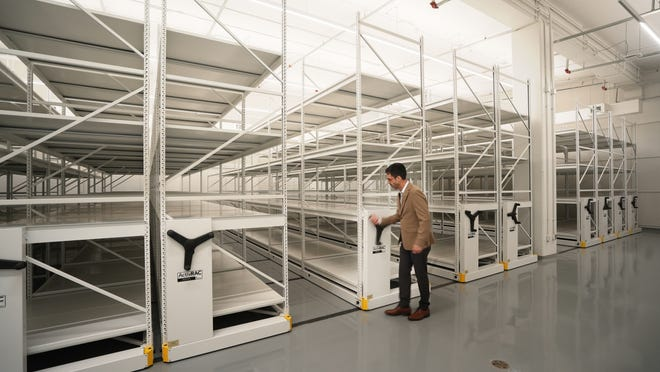In recent months, pieces have fallen into place for the federal government to move forward on the biggest public corruption case in state history.
New U.S. Attorney Ken Parker sworn into office. Check.
Massive spy case concluded, freeing up lead prosecutor Emily Glatfelter. Check.
A new boss, Will Rivers, is in place as the special agent in charge at the FBI Cincinnati office. Check.
U.S. District Court Judge Timothy S. Black elected to take “senior status,” freeing him to focus on cases he chooses to handle. Check.
Black will hold a status conference Wednesday, and he set Feb. 1 as the deadline for all pre-trial motions.
Former U.S. Attorney for the Southern District of Ohio, David DeVillers, said he’s certain Black will set the trial date at the conference call this week. He also noted that while there are still some COVID-related delays, juries and grand juries are back at work.
“It’s all systems go, depending on COVID concerns,” DeVillers said
The case burst into public view in July 2020 when federal agents arrested then Ohio House Speaker Larry Householder, former Ohio GOP chairman Matt Borges, lobbyists Juan Cespedes and Neil Clark and political strategist Jeff Longstreth.
Federal prosecutors say Householder and the others participated in a conspiracy that funneled $60 million from Akron-based FirstEnergy Corp. through political dark money groups. The cash was used to return Householder to speaker and in turn pass and protect a $1 billion bailout bill to benefit FirstEnergy and other utilities.
The case is on two tracks right now: the ongoing investigation and the upcoming trial, DeVillers said. The investigators – Rivers and his FBI agents, Parker and his team of attorneys – continue to look at House Bill 6 related threads and present witnesses to the grand jury, he said.
Householder and Borges have pleaded not guilty. Randazzo and former FirstEnergy executives, who are implicated in the company’s deferred prosecution agreement, have not been charged and have said publicly they did nothing wrong.
DeVillers said if more defendants are added to the current indictment, “that would slow down the trial. I’m not saying that’s going to happen….who gets charged, when they get charged, I don’t know.”
Parker declined to say if or when more people may be charged in the case. “We’re going to go where ever any evidence takes us.”



































